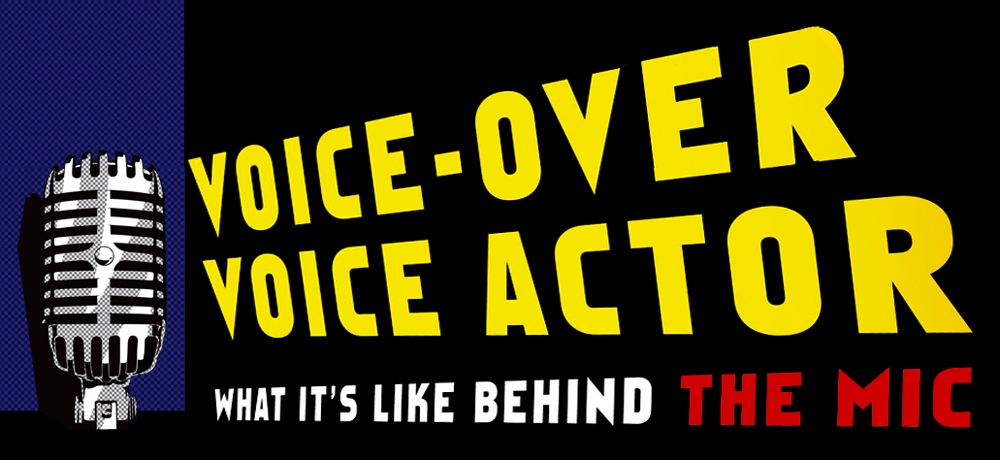How Does Voice Over Work for Video Games?
 Similar to dubbing animation, voice-over for video games is most often recorded one actor at a time, alone in a booth. But as with recording for pre-lay animation, there is seldom a need to record to an already created animation or picture. When you begin, you may have a character sketch or some sample gameplay (a demonstration of what the game will look like when the player is playing it), but there's rarely more than that to hang your hat on.
There are, of course, a few exceptions to this – the first being when you’re recording a version of a game that was originally produced in another language. In that case, you may have reference tracks in the original language, cut scenes (the short movies that play in between gameplay) that you’ll have to match, and strict timing concerns to be aware of.
Similar to dubbing animation, voice-over for video games is most often recorded one actor at a time, alone in a booth. But as with recording for pre-lay animation, there is seldom a need to record to an already created animation or picture. When you begin, you may have a character sketch or some sample gameplay (a demonstration of what the game will look like when the player is playing it), but there's rarely more than that to hang your hat on.
There are, of course, a few exceptions to this – the first being when you’re recording a version of a game that was originally produced in another language. In that case, you may have reference tracks in the original language, cut scenes (the short movies that play in between gameplay) that you’ll have to match, and strict timing concerns to be aware of.
In another scenario, near the beginning of a game’s development, you may have done some work on the game while no animation was yet available; and then eight months later the producers ask you to come back and do more work on it. Only now they’ve got animation and gameplay to show you as a reference.
But most often you’ll have very little (if any) preparation, and not a lot of time to learn about the game before you’re thrown into the fire. And this is where the director will be your best friend, giving you context for your dialogue – which you will sometimes record very quickly, one line after the other, two or three takes per line (i.e. two or three different recordings of the same line), with not even the other characters’ dialogue for reference. Other times you might get the entire script, but it’s unlikely you will have the time to do much more than scan it as you jump from line to line.
We’ve said that a strong imagination will help you in this business. To make this stuff work, you're gonna have to imagine quite a bit. So, listening to the director, using your imagination, and making bold choices – all at high speed – are important, and together can often be the key to finding yourself on the top of the call list when a studio is auditioning and booking future jobs.
Very often these days, video games are developed in tandem with major motion pictures so that when the movie comes out, the game based on that movie is also available. Now before you get too excited about doing the VO for these video games, we have to let you know that voice actors in video games get paid a lot less than their on-screen counterparts. Why? Because the budgets for video games are nowhere near the budgets of the movies they accompany.
But now’s your chance to get excited again because, in most cases, a major motion picture actor will not want to lend his or her voice to the video game; the salary paid is simply not worth the time involved. This is where you come in: the game will likely require a voice actor to voice match the actor from the film. See, you always knew those impressions would come in handy one day.
On the downside, video game work, because of the nature of video games themselves, can be very stressful on your voice if you’re not careful. This is certainly a place where vocal control is important. If you play a lot of video games, you know that they’re chock-full of shouting, screaming, yelling, getting blown up, being set on fire, and falling from great heights. And that’s just in the opening cut scene.
These recording sessions can last up to four hours at a time. There have been times when we’ve emerged from them sweaty, hoarse, and shell-shocked – as if we’ve actually been through the war we were just playing at. Many voice actors refuse to do video games for this reason, and some will intentionally schedule VG sessions in the afternoon on a Friday so that they have the whole weekend to recuperate. But don’t let that scare you. Just keep reading: we have ways of keeping you safe.



